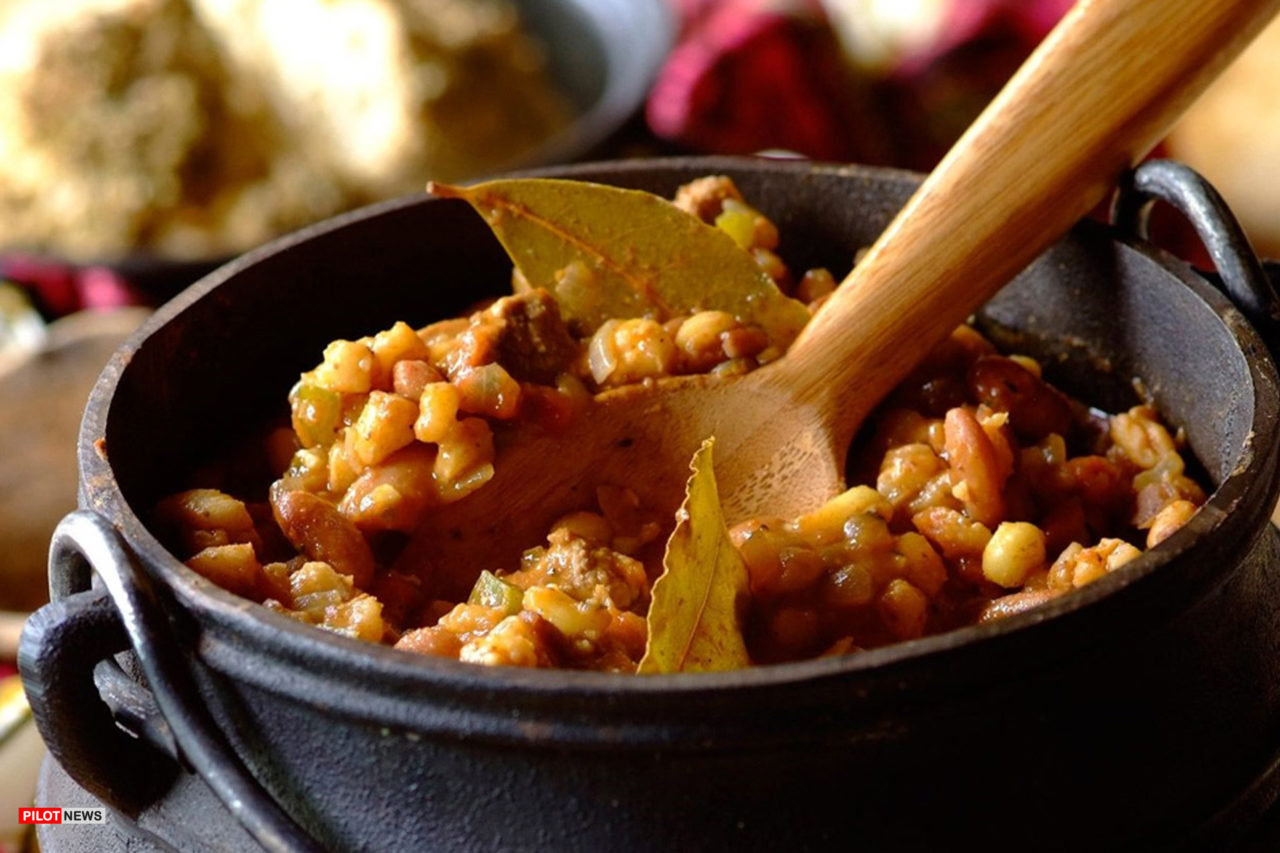
By Ndidi Nwuneli (Culled from Quartz Africa)
Over the past six months, I have engaged in a simple experiment. In packed rooms in Europe and the United States, I have asked, “What is your favorite African dish?”
Usually, the answer is blank stares.
In contrast, when I’ve asked, “What is your favorite Asian dish?” the list from the audience has been long, often including sushi, pad thai and samosas.
I also gauged the audience’s recognition of Africa’s role in the global food industry, asking about commodities such as cocoa, cashews, yam, coffee and tea, to more niche products such as rooibos, moringa or fonio. Typically, awareness has been extremely low—everyone loves chocolate, but most do not realize that 70% of the world’s cocoa is sourced from West Africa or that rooibos tea is grown in the hills of South Africa.

My informal polling tallies with the sparse survey results on global preferences for food which often excludes food from African countries, or gives the entire continent the lowest ratings—categorized as one type of food, instead of the diversity of 54 countries. Sadly, this global perception is seeping into the continent as well, with young Africans opting for fast food from international chains like KFC, Dominos and even Krispy Creme, which are making significant inroads into major African cities.
What this means is the world is missing out on the extremely diverse cuisine from across Africa, which is also highly nutritious. More importantly, it means we are limiting opportunities to foster greater global awareness about the culture and rich heritage of countries in Africa, and to promote cross-cultural learning.
These various findings, coupled with my personal investment in the transformation of the African agricultural and food landscapes over more than two decades have led me down a research path to discover how to change the disparity in the global appreciation and acceptance of African food.
Primarily, it will require African entrepreneurs to invest in branding and storytelling, innovation, and partnerships to accelerate broad-based awareness of African food. In addition, African governments must create an enabling environment and foster linkages with diaspora populations to attract the support required to position our food and change mindsets.
The rise of Japanese cuisine on the global stage offers compelling lessons for committed stakeholders in key African countries. As is the case with Ethiopian, Senegalese or Nigerian cuisine today, in the 1960s and 70s, awareness and appreciation for Japanese food was limited overseas. Then the Japanese government took action after recognizing the important role food could play in building cultural bridges while also generating employment and demand for its food. In 2003, the Japanese government expanded the scope of the Japanese External Trade Organization (JETRO) to include branding, certification of restaurants and ingredients, and public relations. In addition, through strategic and deliberate interventions by the government, Japanese traditional cuisine was added to the UNESCO Intangible Cultural Heritage List in 2012.
The results of these efforts are very compelling. In 2006, there was approximately 20,000 Japanese restaurants outside Japan. By 2017, this number had increased five-fold to close to 120,000. Beyond the growth in restaurants, today, most leading supermarkets in the United States and the UK sell sushi. In addition, Japanese food attracts the highest ratings in foreign food preferences.
This rapid rise of Japanese food in the global food landscape demonstrates what is possible, through strategic and coordinated efforts from key stakeholders in the private and public sectors, and what can be replicated by Cote d’Ivoire, Ethiopia, Nigeria, and Senegal, which have unique cuisines across the different ethnic groups and regions, with distinct flavors.
Ethiopian cuisine already has a head-start as there are over 350 restaurants in the United States, driven by the immigration trends in the 1980s. Like Japanese food, Ethiopian food is considered extremely healthy. The Injera made of teff, is gluten-free, high in fiber, calcium, iron and protein, which also makes it very appealing to the growing global vegetarian and vegan community. This cuisine has the potential to gain widespread acceptance.

The momentum for food from other African countries is also building, with the emergence of celebrity chefs opening high-end restaurants in global cities. Senegalese chef Pierre Thiam, for instance, through his restaurant Teranga in New York City, and his company—Yolélé Foods, is committed to sharing African culture through food, and promoting fonio as an attractive substitute to quinoa. Kwame Onwuachi a second-generation Nigerian-American chef based in Washington DC, was just named on the TIME 100 List. Now is the time to build on this momentum and ensure that varied, healthy and tasty African dishes are promoted globally.

Greater global awareness and appreciation for African food will require key stakeholders in international markets open their minds and pallets to food from African countries. For example, high schools and universities could add healthy options from the African Continent to their menus, introducing children and youth to new culinary experiences. Trade officials would also need to ease trade barriers for food imports from African countries and partner with regulators to enhance the capacity of entrepreneurs to meet global standards.
Indeed, repositioning African food globally will not only increase the demand for food sourced from African farmers, and create jobs for Africans locally and globally, but it will also build more bridges between Africa and the rest of the world, breaking stereotypes and biases and ultimately enabling a deeper appreciation of our connections as humans.
- Committee Offers Solutions for Decongesting Correctional Centres In Anambra - April 18, 2024
- BREAKING: Gunmen kill Traffic official in Anambra, Zoom Off - April 18, 2024
- “Nikki” – My Next Endeavor is a book set to be released this May - April 18, 2024


